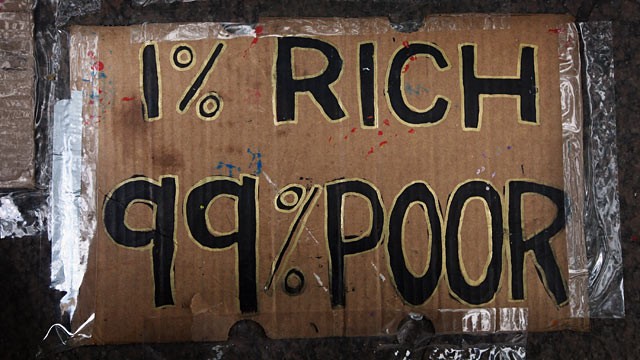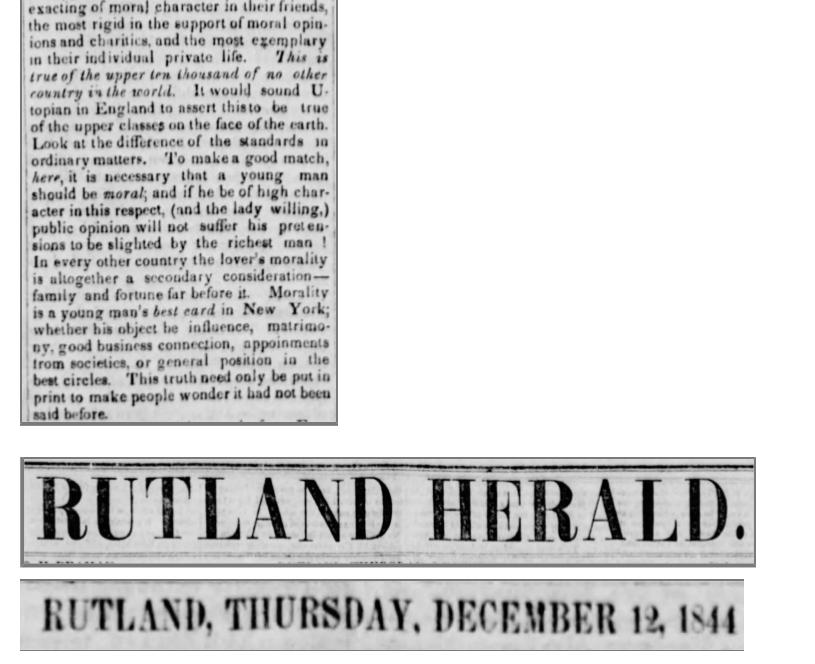The One Percent Victorian Style April 28, 2017
Author: Beach Combing | in : Actualite, Contemporary, Modern , trackbackA phrase that has recently gained more and more currency: even to the point where undergraduates shout it out in class discussion, is ‘the one percent’. It is an offhand, contemptuous way of referring to the internationally wealthy.* Beach was delighted, the other day, to come across, in a ghost story no less, to the Victorian equivalent: ‘the upper ten thousand’. The ten thousand (overwhelmingly men presumably) who ran Victorian Britain and the empire. The first UK reference – there are scores from the mid century – dates to 1846, though it is used at that date with such familiarity that it sounds like it had been kicking around since the Regency. It is even possible that the expression had travelled across from the United States, certainly many of the early references are applied to America. The last natural reference he has come across (ignoring quotations from earlier time) dates to 1956 and actually referred to the French establishment: but plus ça change…
For a century, then, this was the phrase of preference in referring to the elite. The differences with ‘the one percent’ and the ‘upper ten thousand’ are twofold. First, ‘the one percent’ is spat out by young radicals: the ‘one percent’ need to check their bloody privilege and get out of our way is the implication of any discussion of that butterfly group. The ‘upper ten thousand’ seems to have been used as an expression of admiration or at least natural categorization: not a revolutionary war cry. In the nineteenth century it would have been much more effective for a socialist to talk about ‘the bosses’ or about ‘the owners’. Second, point, England, Wales, Ireland and Scotland had a population of about 45 million in 1851: that made the ‘upper ten thousand’… Beach reaches for his calculator… 0.005% of the population. The one percent is a much wider group than the Victorian establishment: it is more flexible, more diverse and more porous. As long as no fool presses a button on a nuclear football, the world is actually, say it quietly, getting gradually better: drbeachcombing At yahoo DOT com
*There is some confusion as to whether we are talking about the richest part of a given society or the richest one percent in the world.
An old friend of the blog Filip G. has managed to backdate the earliest reference to 1844. For full references go to Filip’s site.




